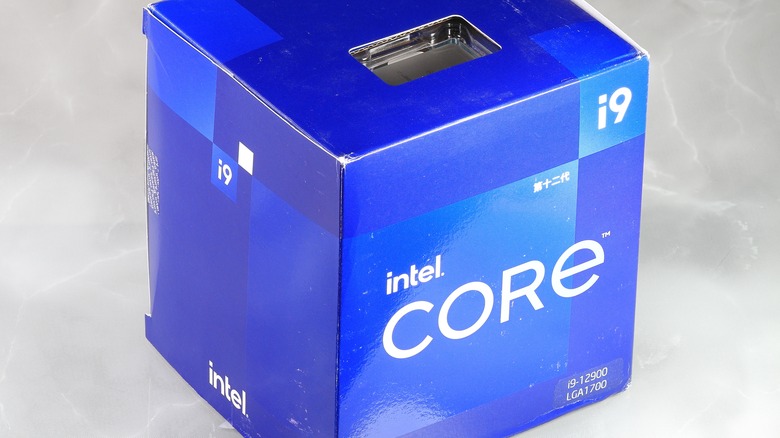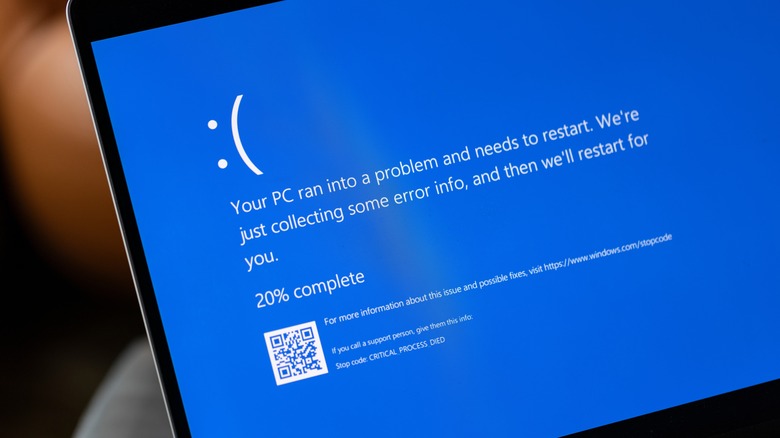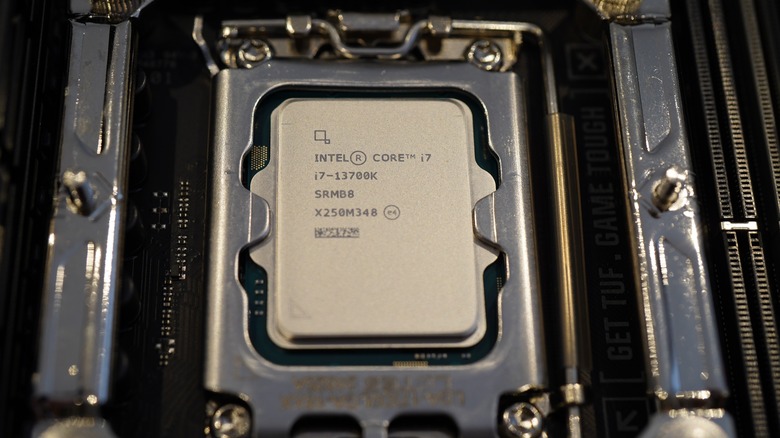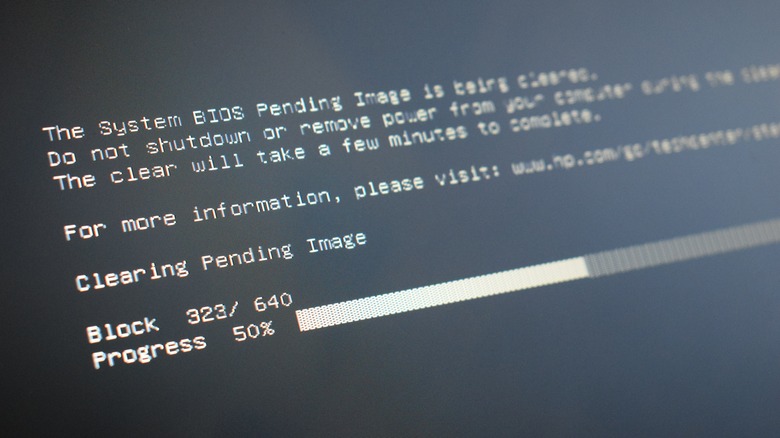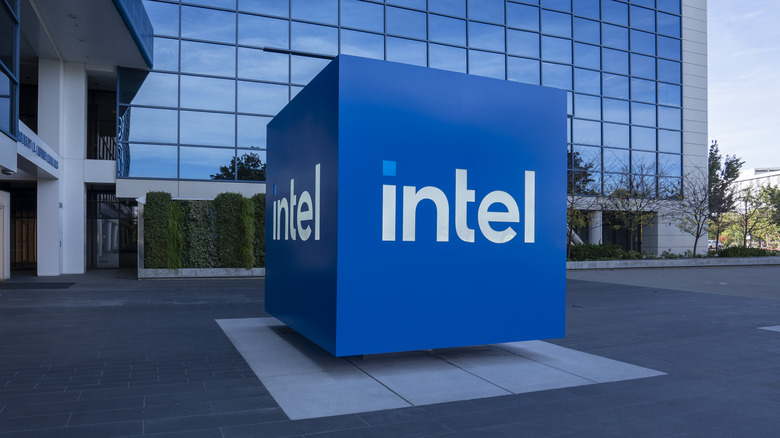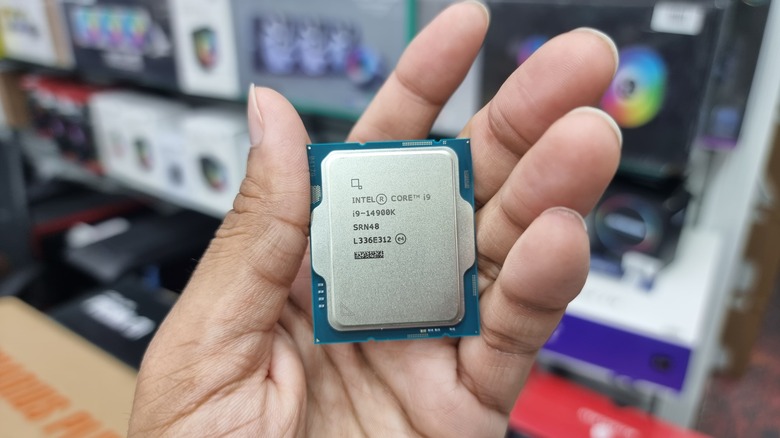Intel Processor Issues: What To Know About Gen 13 & 14 Raptor Lake CPU Problems
Intel has been at the forefront of computer processor technology for decades. The company has historically produced some of the most powerful and reliable CPUs on the market. Even with strong competition in recent years from its rival, AMD, Intel has still managed to maintain a strong foothold in the PC market. Recently, however, users have been reporting several crashing issues with the new Gen 13 and 14 Raptor Lake processors. This is a serious problem since these processors have already flooded the market and are currently powering several of the newest generation PCs.
These issues have understandably raised some concerns from PC users. Those who are currently considering buying one of these units for a new rig or already own computers that have them installed are probably interested in learning more about the cause of these crashes and what they mean for Intel users on a practical level. What kind of issues are users experiencing, how serious are they, what can you do in the event that you experience a crash yourself, and will Intel institute a recall? Here's everything we know about the issue so far.
Raptor Lake users have been experiencing CPU failure
The 13th generation Intel CPUs with Raptor Lake architecture first launched in October 2022. This was swiftly followed by the 14th generation, which launched using the same architecture the following year. The 14th Gen was particularly appealing to consumers, as it added more cores without a price bump. Both lines were initially well received by review publications and users alike. There didn't seem to be any problems outside of minor bugs that you would expect from any new processing architecture.
Unfortunately, several buyers seem to have encountered issues that have developed in the time since. There have been numerous reports from people using Raptor Lake CPUs that cite freezing, blue screens, and complete system crashes. These sorts of errors can be particularly frustrating for PC users, since they can be difficult and time-consuming to diagnose. Recently, however, Intel has acknowledged the issue and knows what is causing it.
The crashes seem to be caused by a voltage overload
Intel made an announcement in July 2024 that it had performed extensive analysis of the Raptor Lake CPUs that had been returned after experiencing these errors, and that the company had finally figured out the source of the issue. "We have determined that elevated operating voltage is causing instability issues in some 13th/14th Gen desktop processors," wrote Intel Communications Manager Thomas Hannaford. "Our analysis of returned processors confirms that the elevated operating voltage is stemming from a microcode algorithm resulting in incorrect voltage requests to the processor."
This essentially means that the Raptor Lake CPUs are communicating to the motherboard in your PC that they need more power than they actually do. This leads to the chips being overcharged and ultimately causes the crashes. Worse than that, though, it seems that this overcharging can cause permanent damage to the CPU itself.
Tom's Hardware published a report stating that they spoke to an unnamed source, who reportedly told them that "The bug causes irreversible degradation of the impacted processors." So once you've started experiencing crashes, your CPU has likely already been damaged from overcharging. That said, there is something that people with Raptor Lake CPUs can do to prevent the bug from manifesting in the first place.
A bios patch might save your CPU
In the same announcement where Intel revealed that it had identified the error, it also announced that it would be rolling out a microcode patch that could be installed to prevent the issue from developing. "We are continuing validation to ensure that scenarios of instability reported to Intel regarding its Core 13th/14th Gen desktop processors are addressed," Hannaford said in the announcement. "Intel is currently targeting mid-August for patch release to partners following full validation."
Installing the patch might not be as simple as you might hope, though. According to another report from Tom's Hardware, an Intel source told them that the patch "will only be available through BIOS updates and not through Windows Update." This might be problematic for many causal PC users who aren't comfortable or familiar with navigating their system's BIOS. Updating your computer's BIOS also comes with its own set of risks. Failed BIOS updates have been known to completely brick computers. Also, to reiterate, this patch only works on 13 and 14th Gen Raptor Lake CPUs that have not yet begun experiencing the crashing issue. If the crashing has already started, then the damage is done, and installing the patch won't be enough to fix the degradation.
Intel hasn't called for a recall
Upon hearing this news, many Intel users have requested a recall of the 13 and 14th Gen Raptor Lake CPUs. This is understandable, given the scope of the potential damage caused by the error and the technical knowledge required to implement Intel's current solution, but it seems that the company currently has no plans to institute one.
The Verge contacted an Intel representative to ask for a response. "Intel has not halted sales or clawed back any inventory. It will not do a recall, period," the article stated. "The company is not currently commenting on whether or how it might extend its warranty. It would not share estimates with The Verge of how many chips are likely to be irreversibly impacted, and it did not explain why it's continuing to sell these chips ahead of any fix."
So, those who already own a working Raptor Lake CPU shouldn't expect to be getting a replacement any time soon. This can be stressful, as it's all too easy to see these expensive components as ticking time bombs. The microcode patch has also yet to be proven effective on a mass scale and may be intimidating for some users to install. Intel has made one concession, however.
Intel has expanded its warranty by two years
Intel processors typically carry a 3-year limited warranty (with a few exceptions) when they are purchased as a stand-alone box unit. Those that are purchased as part of a pre-built computer are subject to the warranty of the computer's manufacturer. So those that were purchased when the 13th Gen was first launched would have lost their coverage on October 2025, which clearly isn't a lot of time to deal with an issue like this.
But in light of the overcharging issues that the Raptor Lake CPUs are currently experiencing, Intel has announced that it is extending the warranty period of 13 and 14th generation i5, i7, and i9 boxed processors by a period of two years. This means that those who haven't experienced the error can install the patch, and those who have should have plenty of time to ship one back to Intel for a replacement, giving users options in either scenario.
There are many who are still not entirely satisfied with this solution, however. Many believe that Intel should be held accountable for shipping a defective product and its long silence once the issue was made apparent. Some users who haven't experienced outright crashes are concerned that their CPU may have already suffered a degree of preliminary damage that the patch will be unable to fix. It has also not been made entirely clear whether this extension applies to CPUs purchased in pre-built computers and which manufacturers, if any, will honor that extension.
